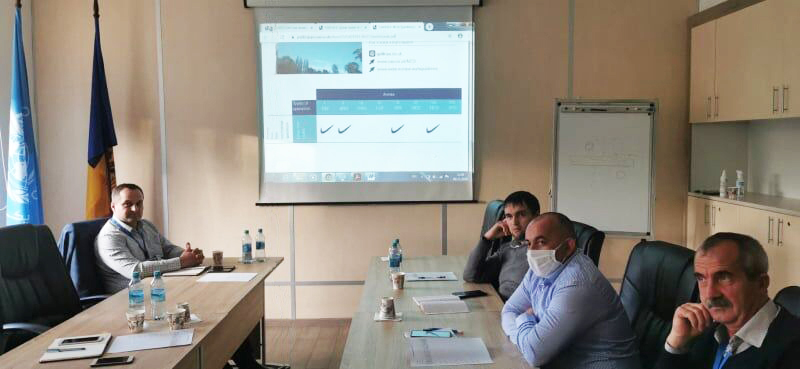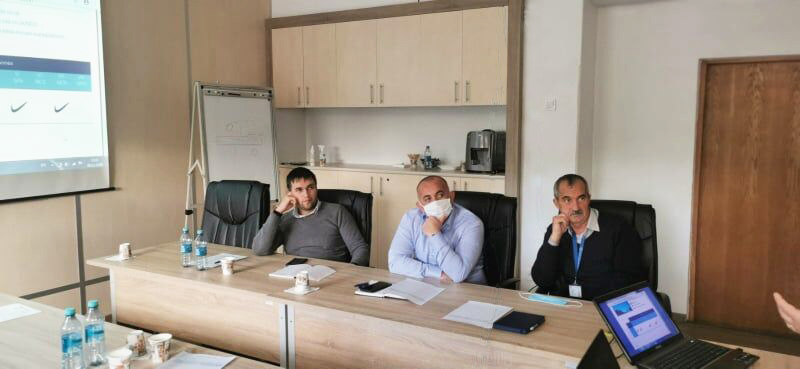Following the implementation of the Memorandum of Cooperation between the Civil Aeronautical Authority of the Republic of Moldova and the European Aviation Institute, the training organization of the Romanian Aeronautical Association, which was signed on January 15th 2020, the collaboration in the civil aviation field regarding the aeronautical personnel training has started.

Thus, between November 4th and November 6th, representatives of the Aeronautical Authority and aviation agents attended three training courses that were organized on the CAA premises. The trainer, an EASA expert, addressed theoretical and practical aspects on the following topics:
- EASA Air Operations (Introduction)
This course will help the CAA experts to apply the structure and principles of Regulation (EU) no. 965/2012 of the European Commission establishing the technical requirements and administrative procedures related to air operations, as set by the European Union.
- EASA Air Operations SPO (Specialized Operations)
The knowledge gained throughout this course will help the CAA inspectors to apply the regulations for specialized operations.
These new EU regulations have an impact on how the national aviation authorities operate and on how aviation operators demonstrate their compliance with the new requirements.
- EASA Air Operations NCC
This course will introduce the regulations for business and corporate aviation.
Also, in the context of the collaboration established between the Civil Aviation Authority and the European Aviation Institute (the training organization of the Romanian Aeronautical Association), more training classes are already scheduled during this year for Civil Aviation Authority experts, air traffic controllers, engineers, technicians, airport operators and so on. The main objectives of training aeronautical personnel are to increase the civil aviation safety and security by aligning with both European and international standards, to establish and maintain a high level of civil aviation safety, to promote service quality and sustainability in the field of civil aviation as well as to ensure the optimal framework in which the aviation activities to be performed.

